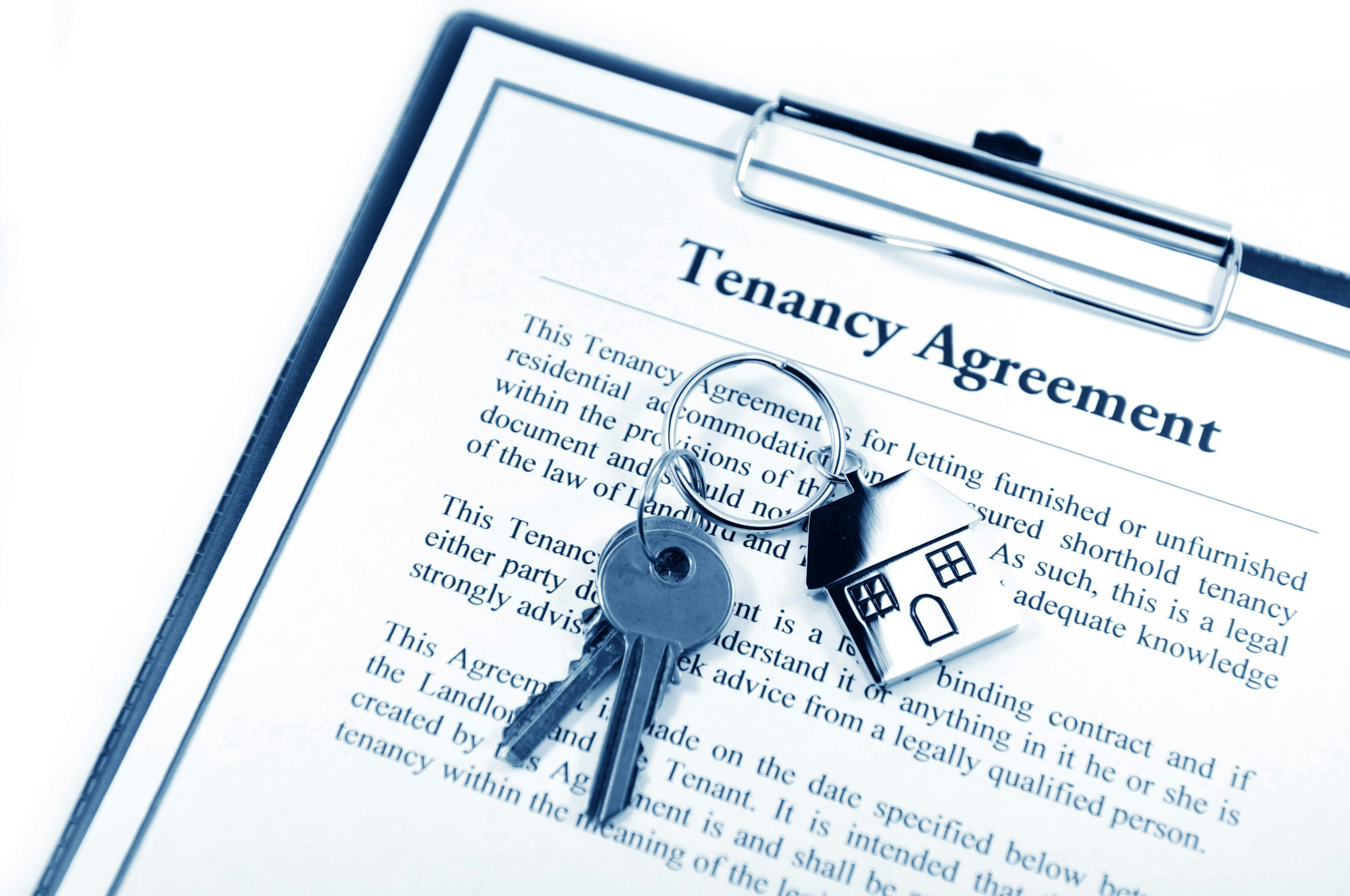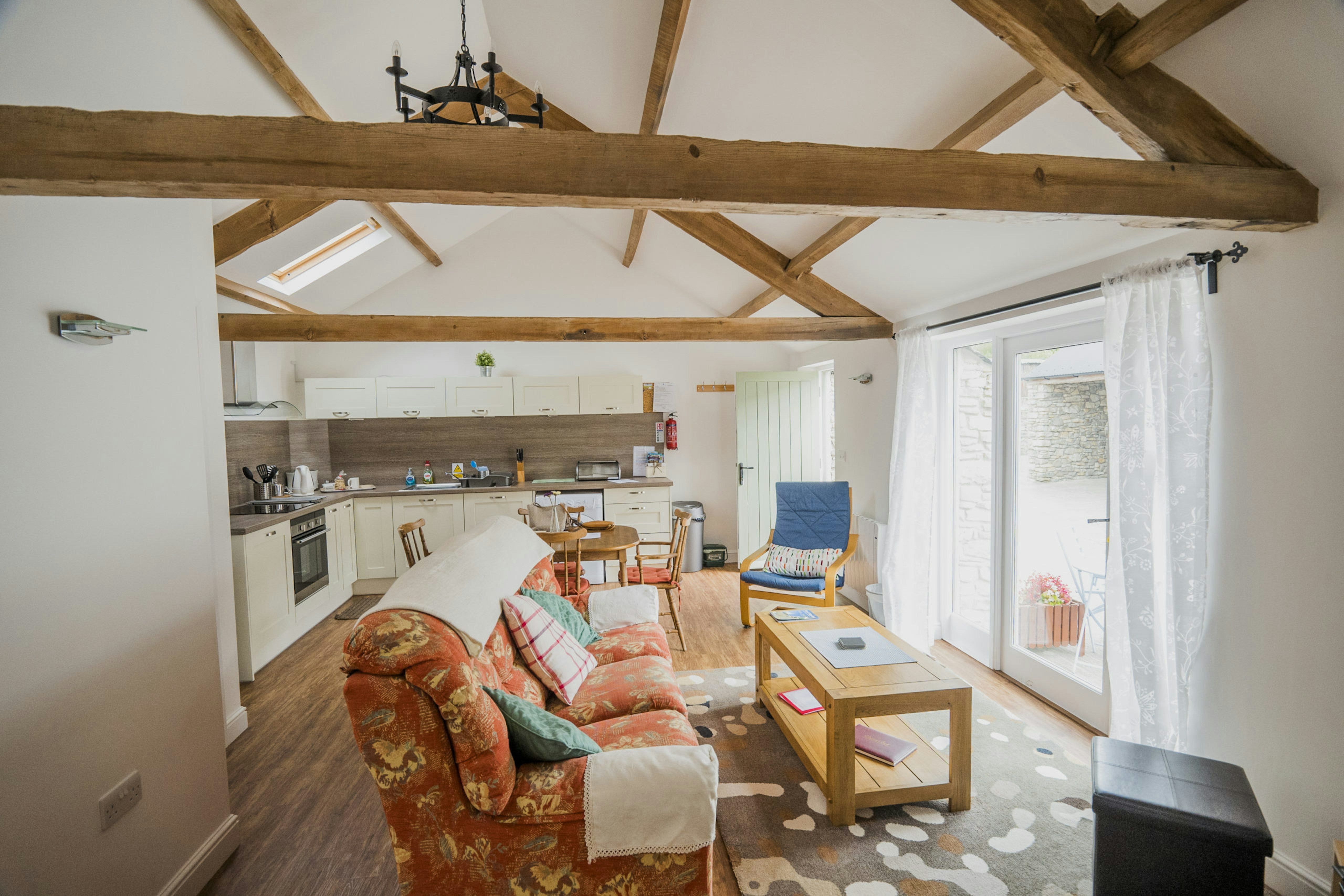Pros and cons of zero deposit schemes for landlords
If you rent out property but find tenants are struggling to pay the deposit, a zero deposit scheme could benefit both of you.
Here, we look at how zero deposit schemes work and what it means for you as a landlord. We also highlight the pros and cons so you can decide if it’s the right option for you.
By Alan Boswell Group

- What is a zero deposit scheme?
- How do zero deposit schemes work?
- Do I have to use a zero deposit scheme if tenants ask?
- Advantages of zero deposit schemes for landlords
- Disadvantages of zero deposit schemes for landlords
- Is a zero deposit scheme worth it for landlords?
- Support and protection for landlords
In this article
- What is a zero deposit scheme?
- How do zero deposit schemes work?
- Do I have to use a zero deposit scheme if tenants ask?
- Advantages of zero deposit schemes for landlords
- Disadvantages of zero deposit schemes for landlords
- Is a zero deposit scheme worth it for landlords?
- Support and protection for landlords
What is a zero deposit scheme?
Zero deposit schemes are an alternative to a traditional tenancy deposit scheme.
With a traditional security deposit, you must register it with an approved tenancy deposit scheme. If you don’t, you could be taken to court and be ordered to pay up to three times the original deposit amount. However, as average rent increases, so does the average deposit, making it a significant barrier for many tenants.
If you use a zero deposit scheme, tenants don’t have to pay a large deposit upfront. Instead, the scheme acts as a guarantee that landlord costs will be covered if the property needs repairs at the end of the tenancy or there is unpaid rent due.
How do zero deposit schemes work?
There are several different schemes, each one with its own procedures and rules.
Generally, tenants will need to register for the scheme and pay a one-off fee, typically one week’s rent. Some scheme providers also charge a set-up, monthly, or annual fee.
If you’re happy with the state of the property and there’s no unpaid rent at the end of the tenancy, the scheme ends. But if there are damages or you want to make a claim for unpaid rent, you can raise a dispute with the zero deposit scheme provider (although you should try to resolve the problem with the tenant beforehand).
The scheme provider will then arrange adjudication for your claim. If it’s resolved in your favour, the deposit provider will compensate you and chase the tenant for their costs.
How long does a landlord have to make a claim with a zero deposit scheme?
This will depend on the terms set out by the provider, so if you do need to raise a dispute, double-check the small print. Some providers ask that you file your claim within 28 days of the end of the tenancy.
Are zero deposit schemes legal?
Yes. Zero deposit schemes are legal, but they’re not ‘Government-approved’, unlike traditional deposit schemes.
Zero deposit schemes are also broadly unregulated as a sector. That said, some schemes are regulated by the Financial Conduct Authority (FCA) and are part of the Financial Services Compensation Scheme (FSCS). This means they work to a set of industry guidelines, and you should be compensated if the scheme provider goes bust.
Do I have to use a zero deposit scheme if tenants ask?
You don’t have to agree to use a zero deposit scheme if asked by a tenant. But you also cannot force tenants to sign up for one either. If you do, any fees the tenant pays could be considered a prohibited payment under the terms of the Tenant Fees Act 2019.
Advantages of zero deposit schemes for landlords
Zero deposit schemes benefit tenants as it means they don’t have to find a large amount of money upfront, but there are plenty of advantages for landlords too, including:
Greater security
Under current laws, you can only take a maximum of five weeks’ rent as a security deposit (if the annual rent is less than £50,000). You can increase this to six weeks’ if the annual rent is more than £50,000.
In contrast, some zero deposit schemes offer a minimum guarantee equivalent to six weeks’ rent. This gives you greater protection should you need to claim. In some cases, providers are offering up to eight weeks' worth of rent as security.
Larger pool of tenants
With no large deposit needed upfront, you’re more likely to appeal to a greater number of tenants.
If you’re concerned about tenants not being able to afford rent in the future, don’t forget that comprehensive tenant referencing checks should always be carried out before signing contracts, and you can also take out rent guarantee insurance for extra peace of mind.
Lowers unoccupancy rates
Appealing to more prospective tenants should help reduce any gaps in tenancies. Not only does this mean a steadier income for you, but it also means you don’t have to worry about having to secure an empty property.
Less admin
If you’re using a traditional tenancy deposit scheme, you have to register your details, secure the deposit, and send tenants confirmation that you’ve done this.
The procedure shouldn’t be too time-consuming, but zero deposit schemes tend to involve less admin for landlords. This is mainly because the focus is on the tenant to register and pay the joining and any other scheme fees. This may be particularly valuable if you’re an accidental landlord while becoming familiar with your landlord responsibilities.
You shouldn’t have to worry too much about tenants cancelling participation or defaulting on fees. Schemes typically contact landlords for confirmation if tenants decide to cancel.
Disadvantages of zero deposit schemes for landlords
Broadly unregulated
Some schemes are regulated by the FCA, working to industry best practice. Otherwise, the sector is not regulated, which means there’s an element of financial risk.
Some zero deposit scheme providers are also relatively new, so you’re relying on the fact that they’ll be in business at the end of any tenancy. If they aren’t and the scheme isn’t regulated or part of the FSCS, it could leave you considerably out of pocket.
Waiting for payment
If you make a claim, you may have to wait for compensation (although some schemes promise to release funds within a few days). Depending on your circumstances, it could mean you have to cover the cost of repairs yourself.
Commission
If you’re using a lettings agent, just bear in mind that some may receive commission from scheme providers.
While agents should present both options (zero deposit and traditional deposit schemes), it’s your responsibility to do your due diligence on what’s being offered.
Is a zero deposit scheme worth it for landlords?
Whether a zero-deposit scheme is right for you really depends on your circumstances and how much risk you’re willing to accept.
While it can help you appeal to more tenants and reduce unoccupancy rates, some tenants may not see it as value for money.
Depending on the scheme, tenants could end up paying monthly fees throughout the tenancy. At the end of the rental period, the scheme provider can also claim back money from them if a claim is raised and found in your favour.
Some tenants may well prefer to pay a deposit in case of issues and then have this returned if not. With a zero deposit scheme, tenants generally won’t be entitled to any money back.
Support and protection for landlords
Whether you choose a zero deposit or traditional deposit scheme, remember to carry out your own research to minimise the risk of surprises at the end of the tenancy.
You can also protect your property investment with landlord insurance tailored to your needs and portfolio. Whether you own an HMO, single or multiple rentals, we can help with buildings and contents cover, rent guarantee, and legal expenses insurance should the tenant default on their rent.
Need help with your insurance?
For more information or to discuss your insurance protection options, head to our landlord hub or speak to an expert member of our team.
Send an enquiry
Related guides and insights

Landlord’s guide to government deposit schemes
When a landlord takes a tenant’s deposit, the money must be protected in one of the government-backed deposit schemes. We explain how these schemes work and what your obligations are.

A guide to the Tenant Fees Act 2019
Since the Tenant Fees Act was passed in 2019, the fees charged by landlords and lettings agents have been severely restricted. In this guide, we show you which fees are still allowed – and which can put you on the wrong side of the law.

Landlord’s guide to holding deposits
Holding deposits are useful to ensure a tenant is serious about renting your property. But you must stick to the rules, or you run the risk of invalidating your insurance.

Guide to landlord responsibilities
What are the legal responsibilities and obligations of a private landlord? Read our complete guide.

Things landlords cannot do
If you’re a landlord, there are a lot of legal conditions you must comply with. In this article, we look at what landlords can and cannot do, and give tips on avoiding common mistakes when managing your properties and tenants.

Essential guide to the best property inventory list
To help you prepare and implement an effective report, here’s our essential guide on how to create the best property inventory.
